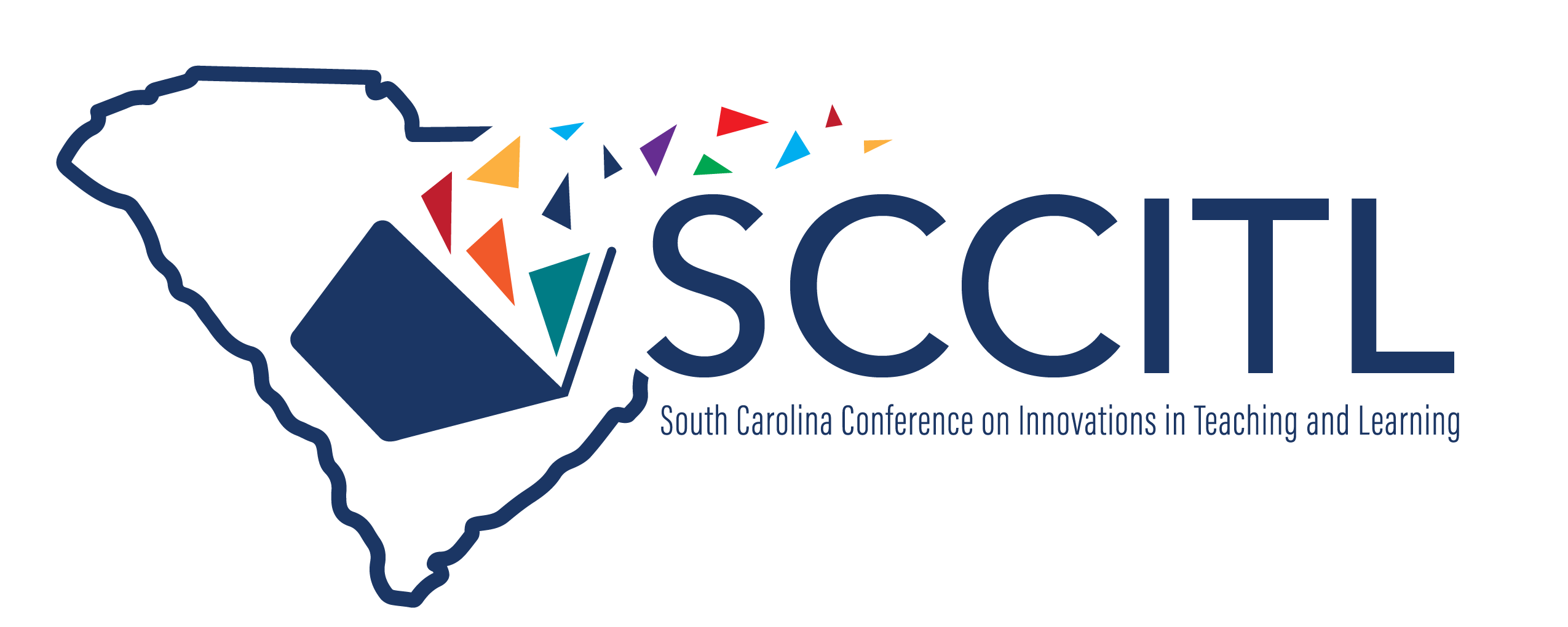Inclusive Writing-to-Learn Pedagogy in Upper-level Undergraduate Courses
Track Choices
Engaging Pedagogy
Abstract
Inclusive writing-to-learn pedagogy has been found to effectively foster synthesis and re-elaboration in scientific courses. Directly tied to course curriculum, students gain important metacognitive and critical thinking skills in a supportive peer environment that is specifically linked to course curriculum and results in a true publication. This session will share the experiences of faculty-librarian teams in designing and implementing tailored writing-to-learn pedagogy in upper-level biology courses. Collaborative group work, and personal research activities support students toward deeper topic knowledge, demonstrate the relevance of knowledge taught in the classroom and empower students with highly-transferable critical and communication skills, as well as professional teamwork. The session will provide ideas for implementing flexible writing-to-learn pedagogy, adapting the model to different level courses, scaffolding the assignment, and planning for constructive outcomes. The session will provide ample opportunities for attendees to share their experiences and discuss. Attendees of all experiences in writing-to-learn pedagogy should expect to take away ideas and tested methods to adapt to their courses and implement at their own institutions.
Inclusive Writing-to-Learn Pedagogy in Upper-level Undergraduate Courses
Zoom Room 10
Inclusive writing-to-learn pedagogy has been found to effectively foster synthesis and re-elaboration in scientific courses. Directly tied to course curriculum, students gain important metacognitive and critical thinking skills in a supportive peer environment that is specifically linked to course curriculum and results in a true publication. This session will share the experiences of faculty-librarian teams in designing and implementing tailored writing-to-learn pedagogy in upper-level biology courses. Collaborative group work, and personal research activities support students toward deeper topic knowledge, demonstrate the relevance of knowledge taught in the classroom and empower students with highly-transferable critical and communication skills, as well as professional teamwork. The session will provide ideas for implementing flexible writing-to-learn pedagogy, adapting the model to different level courses, scaffolding the assignment, and planning for constructive outcomes. The session will provide ample opportunities for attendees to share their experiences and discuss. Attendees of all experiences in writing-to-learn pedagogy should expect to take away ideas and tested methods to adapt to their courses and implement at their own institutions.


